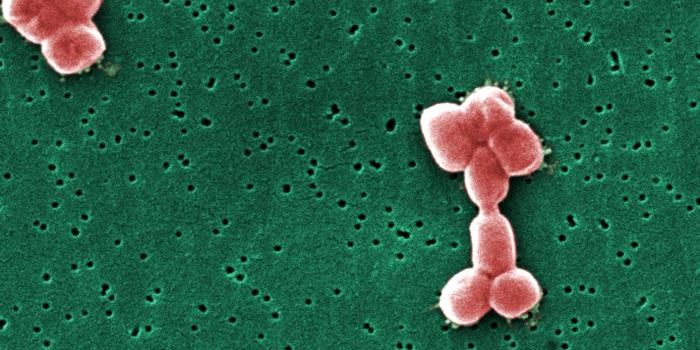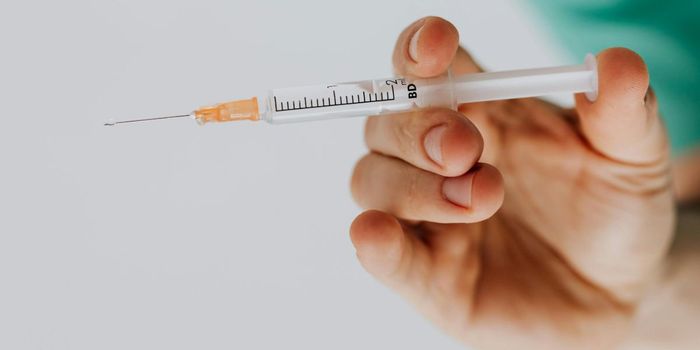COVID-19 Increases Risk for Blood Clots and Bleeding Months after Infection
A nationwide study recently reported that COVID-19 infection increases risk for a constellation of blood clot-related events for up to 6 months post-infection, regardless of the gravity of infection.
COVID-19 is known to increase risk of thrombosis (i.e. blood clots). However, until recently, exactly how much COVID-19 infection increased risk—and for how long— was unknown. In a study published in BMJ, researchers leveraged registry record data from over 5 million Swedish citizens to investigate these questions using complementary self-controlled case series and matched cohort studies (1).
For one type of thrombotic event, pulmonary embolism, individuals that tested positive for COVID-19 had nearly 32 times greater risk compared to those that did not. Among these individuals, risk was greatest the second week following COVID infection (46x higher) and remained elevated for 5 months following infection. Similarly, but to a lesser extent, people that tested positive for COVID-19 had 6 times greater risk for deep vein thrombosis and 2 times greater risk of uncontrolled bleeding in the first 30 days following infection. Heightened risk for a thromboembolic (clotting) or bleeding event was greatest among those with severe cases of COVID, and during the first pandemic wave, however risk was increased among cases as a whole. Authors speculate that improved therapeutic interventions and gaining a better understanding of the immunologic mechanisms behind the clots likely explains why risk decreased in the subsequent waves. Adjusting for age, sex, and comorbidities did not diminish the strength of the findings.
A relationship between COVID-19 and blood clots has been suspected since early into the pandemic when physicians began describing finding blood clots in patients just months into the first wave. At first, whether blood clots were actually caused by COVID-19 was a point of inquiry. A series of studies by researchers at University of Michigan showed that not only was COVID-19 the culprit behind the clots, but also illuminated the key immunologic mechanisms driving them: neutrophil extracellular traps (also called NETs) and antiphospholipid autoantibodies. Researchers found that patients with COVID-19 infection had higher circulating levels of NETs and this type of self-attacking antibody that is typically only found in people—young women, in particular—with an autoimmune disease called APS (2). These autoantibodies are known to be long-lived (stay in circulation), which may be an explanation for why risk for blot clots persist for months after infection.
We are only beginning to understand the ways in which COVID-19 is affecting our health risks, and shaping our body’s immune responses, over the long term.
1. https://www.bmj.com/content/377/bmj-2021-069590









